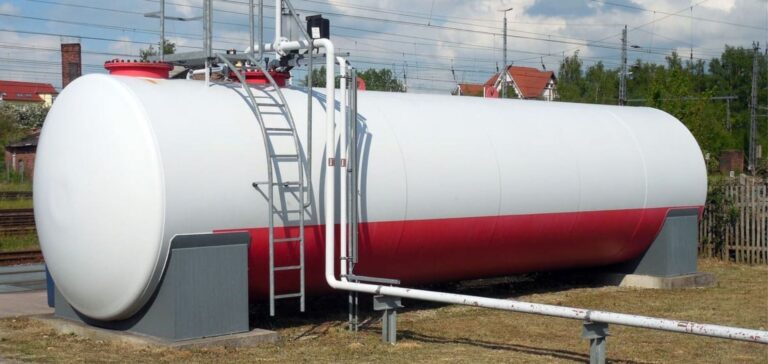Propane tanker networks continue to grow in France, confirming an upward trend observed for several years. With a delivery of 742.53 GWh last year, an increase of more than 55,000 tons compared to 2020 (52,094 tons), this solution is gaining popularity, especially in rural areas and sparsely populated communities, following the energy crisis.
This growing adoption of propane involves more than 30,757 rural communities, offering individuals (residents of social housing, collective housing) and professionals (communities, etc.) the advantages of a networked gas solution, without supply risk. Moreover, propane is less polluting than fuel oil and less expensive than electricity. In a context where the energy transition is a crucial issue in terms of territorial planning and supply, the installation of propane networks continues to grow in communities, social landlords and condominium associations. They offer a reliable, turnkey energy solution, where consumers don’t have to worry about replenishment, pay as they go and benefit from competitive rates.
Less dependence on Russian gas
An additional advantage of liquid gas is that it does not depend on Russia, which makes it a strategic asset for securing energy supplies throughout the country. In addition, they are a real alternative to cope with the tensions of the energy market. In a context of decentralization and ecological planning, propane networks offer a complement to natural gas networks and an alternative to fuel oil.
From an environmental standpoint, they have their place in the multi-annual energy program, particularly by distributing more and more biopropane, a renewable gas. This transition to biopropane further reduces CO2 emissions without requiring additional investments. Local authorities and fleet managers are responding to users’ expectations by offering energy systems that are practical, environmentally friendly and competitive with electricity and fuel oil, according to Audrey Galland, Managing Director of France Gaz Liquides.
Alternative to fuel oil
These propane networks offer an alternative to fuel oil and electricity to France’s 30,757 rural communities, where 30% of the French population resides, including the 27,000 not connected to a natural gas network. In the majority of these municipalities, the dwellings are equipped with boilers. For example, the Syndicat intercommunal d’énergie et de communication de l’Ain (SIEA) recently inaugurated a propane gas network in the commune of Saint-Trivier-sur-Moignans. Fed by a 70m3 tank, this network offers a complete energy solution for all daily needs (heating, hot water, cooking).
Propane is the least carbon-intensive fossil fuel, like natural gas, and emits 16% less CO2 than fuel oil. With biopropane, this reduction can reach up to 77%. Moreover, its combustion generates practically no nitrogen oxide (NOx) or fine particles, thus contributing to improve air quality compared to domestic fuel oil or wood. Biopropane is a liquid biogas produced from used vegetable oils. It has the same practical advantages as traditional propane and can be used in a flexible mixture. Thus, equipment connected to propane networks, including boilers, are compatible with green gas.






















